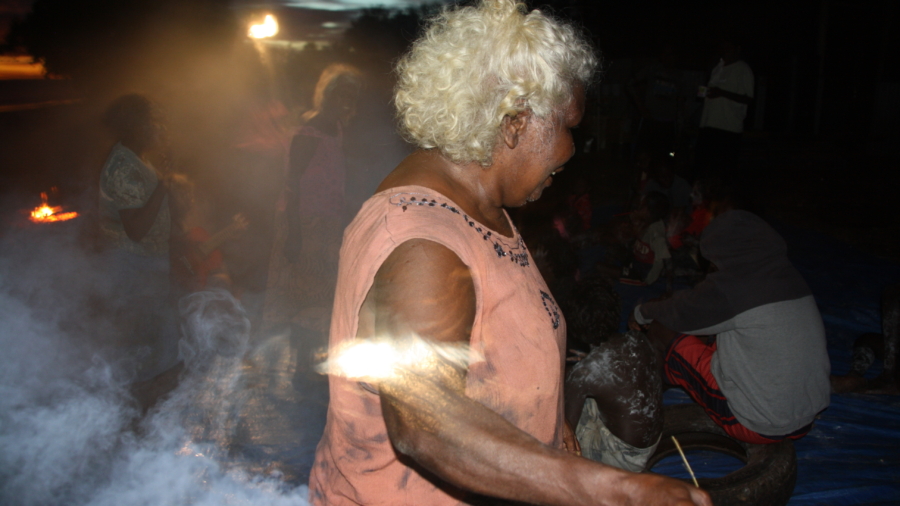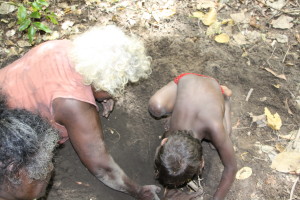There is something to be said about social workers who are graciously willing to tell their story, just 12 months after diving into their remote social work experience. Still in the midst of a giant learning curve, Alanna Audus joins me on Talk the Walk to share the ups, downs and delicious highlights of her beginnings in Alice Springs. Alanna is a newcomer to narrative therapy and is delighted with the way her somewhat ‘kooky’ conversations with people are beginning to shape their lives for the better. She works as a generalist and victims of crime counsellor for CatholicCare NT with some of the most marginalised Aboriginal people in Australia.
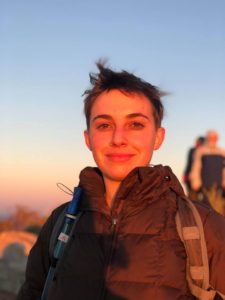 This conversation is as delightful as it is authentic. So be warned, Alanna’s heartfelt generosity may inspire you to pack up your city life and go bush.
This conversation is as delightful as it is authentic. So be warned, Alanna’s heartfelt generosity may inspire you to pack up your city life and go bush.
On episode 27, we explore:
- What led Alanna to pack up all her belongings and head to Alice Springs
- What it’s really like starting out in social work with no prior experience working with Aboriginal and Torres Strait Islander peoples
- Alanna’s unique story which has influenced her passion and drive for social justice
- A ‘fly on the wall’ account of Alanna’s approach to counselling, starting out in narrative therapy
- Why relationships are at the heart of Alanna’s practice and feeling okay about not knowing
- The rich conversations that transpire working with metaphors
- Methods of narrative documentation such as letter writing which record people’s processes of acknowledgement and achievement, and what difference this makes to clients
- Struggles and challenges Alanna has faced in her first year in a remote community and the notion of ‘doing therapy on yourself everyday’
- The influence of nature and the raw environment on Alanna’s self care, allowing her to do high intensity social work
- Reflections on resilience in ourselves and our clients
- The people, institutions and the influence of radical politics that have shaped Alanna’s social work practice framework and life
- Reflections on the NT Emergency Intervention more than a decade on, a continuation of ongoing oppression and disempowerment which began with colonisation
- Words of wisdom for other social workers considering the move from big city to remote outback and avoiding burnout
- A sparkling moment from Alanna’s last week
To listen, simply click on the Play button below or listen via the Stitcher App for iOS, Android, Nook and iPad.

You can also subscribe to podcast and blog updates via email from the Menu on the Home Page.
Don’t forget, if you or someone you know would make a great interview on ‘Talk the Walk’, send us an email from the Contact Page.
Things to follow up after the episode
Contact Alanna on alanna.audus(at)gmail(dot)com
Podcast: Play in new window | Download
Subscribe: RSS

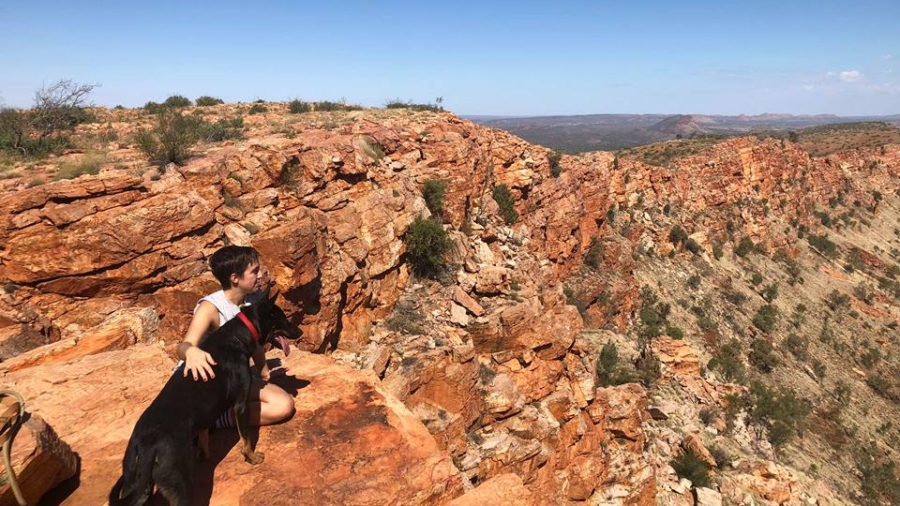
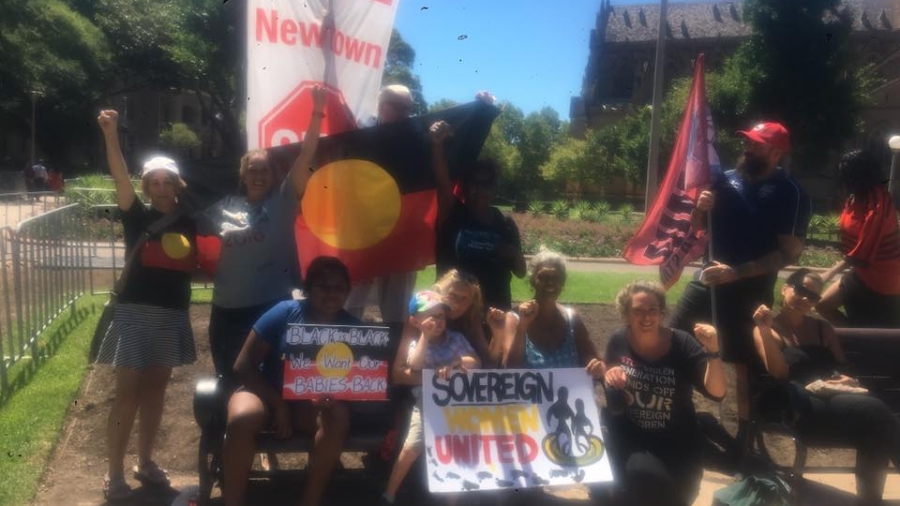
 Driven by personal family interests as well as deeply held values and a commitment to self determination, Sami shares the ingredients that have made practising Indigenous policy and advocacy work successful as a non-Indigenous woman. Social work students considering their future placements will find this episode invaluable and current non-indigenous practitioners will discover pearls of wisdom for standing alongside our Indigenous brothers and sisters for recognition and justice.
Driven by personal family interests as well as deeply held values and a commitment to self determination, Sami shares the ingredients that have made practising Indigenous policy and advocacy work successful as a non-Indigenous woman. Social work students considering their future placements will find this episode invaluable and current non-indigenous practitioners will discover pearls of wisdom for standing alongside our Indigenous brothers and sisters for recognition and justice.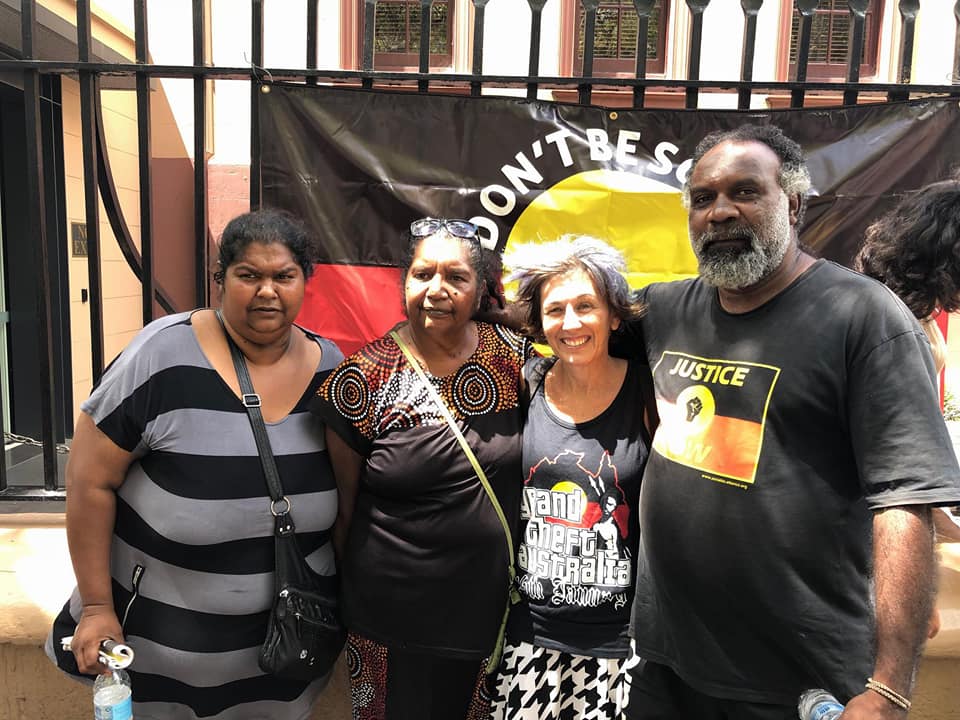
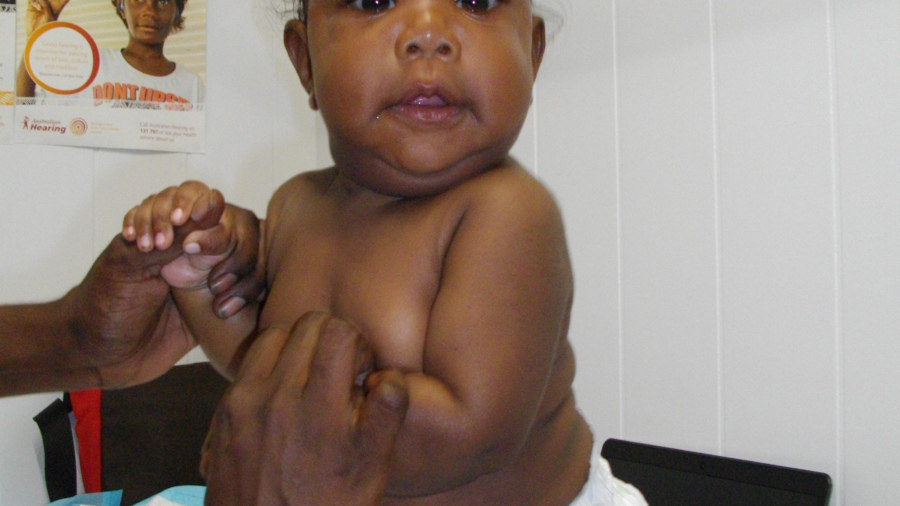
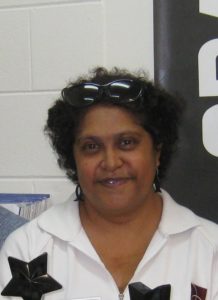 It is a short but oh so sweet conversation, this week on ‘Talk the Walk’. As is so often the case, social workers are busy people and taking a half hour out of the daily schedule is precious time. My guest is Diana Jans, an Aboriginal maternal health social worker with Apunipima Cape York Health Council. After several years working as a teacher with vulnerable children, it was obvious to Diana she needed more skills to be able to meet their needs. Join me, as we take a quick trip down memory lane with Diana and discover what it takes to be a remote social worker.
It is a short but oh so sweet conversation, this week on ‘Talk the Walk’. As is so often the case, social workers are busy people and taking a half hour out of the daily schedule is precious time. My guest is Diana Jans, an Aboriginal maternal health social worker with Apunipima Cape York Health Council. After several years working as a teacher with vulnerable children, it was obvious to Diana she needed more skills to be able to meet their needs. Join me, as we take a quick trip down memory lane with Diana and discover what it takes to be a remote social worker.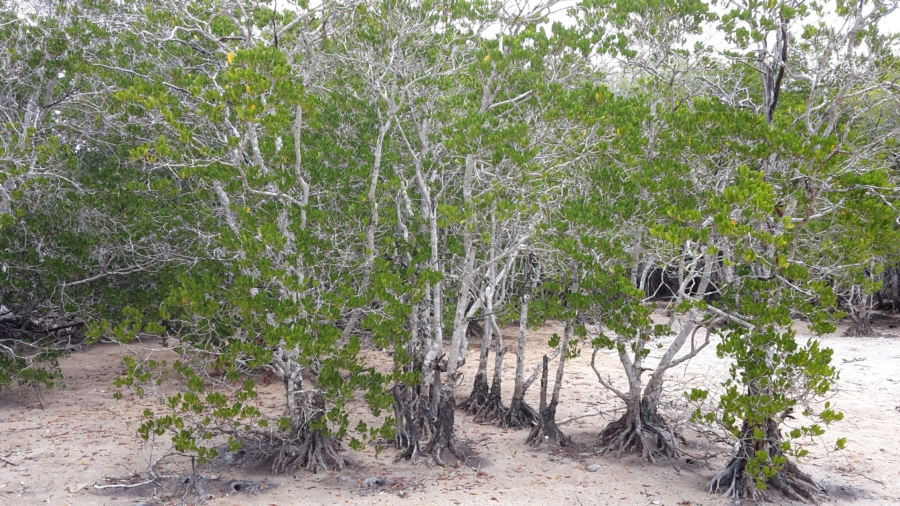

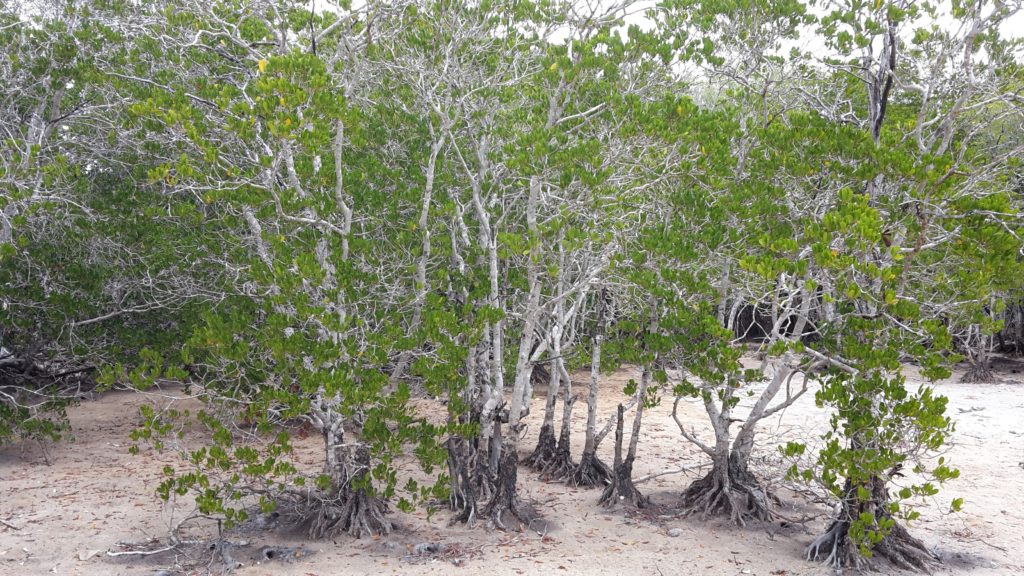
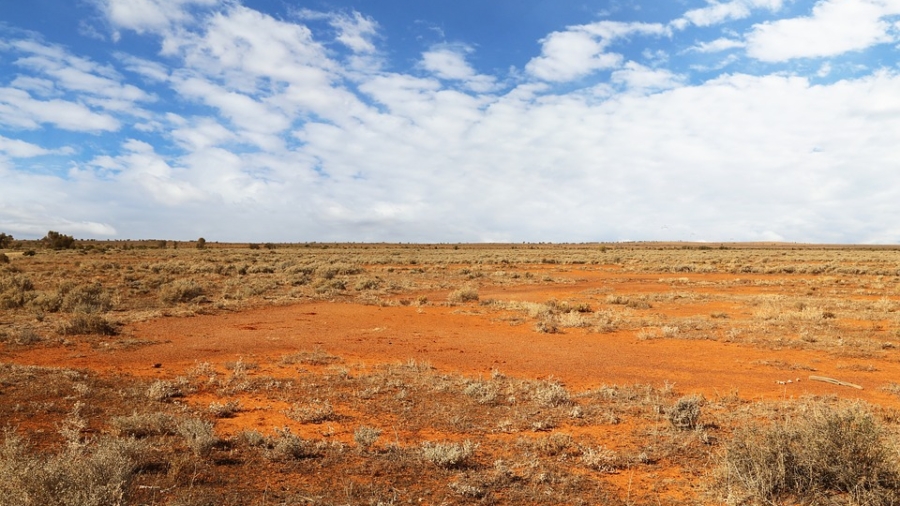
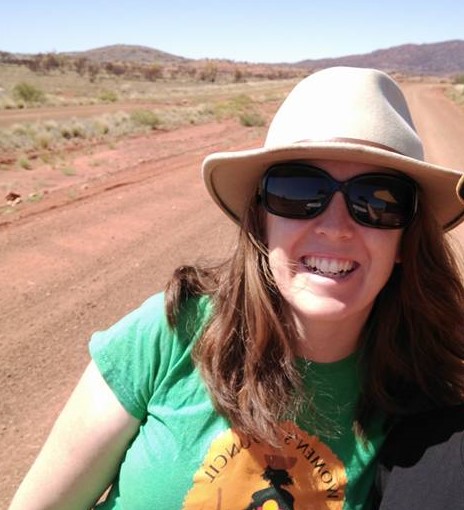 There’s something about the blue sky, the sparse landscape and the weaving of cultural stories that drew Louise O’Connor to Australia’s red centre. Far from her homeland of Ireland and not satisfied with the big city lights of Melbourne, Louise O’Connor packed up her meagre belongings and head to Alice Springs. She found herself working with the Ngaanyatjarra Pitjantatjara Yankunytjatjara Women’s Council as a Domestic and Family Violence Case Worker and hasn’t looked back. Since arriving, Louise has been drawn to narrative therapy as an approach for working respectfully with Aboriginal women. She now supports a team of case workers implementing the Council’s new domestic and family violence prevention framework developed in consultation with the Australian Childhood Foundation and the large group of women they support in the NPY lands. Louise brought with her a long history of case work with refugees and asylum seekers, youth and people at risk of homelessness or in crisis, both in Australia and Ireland. Louise’s passion for sharing stories and helping others tell theirs shines through in my conversation this week on ‘Talk the Walk’.
There’s something about the blue sky, the sparse landscape and the weaving of cultural stories that drew Louise O’Connor to Australia’s red centre. Far from her homeland of Ireland and not satisfied with the big city lights of Melbourne, Louise O’Connor packed up her meagre belongings and head to Alice Springs. She found herself working with the Ngaanyatjarra Pitjantatjara Yankunytjatjara Women’s Council as a Domestic and Family Violence Case Worker and hasn’t looked back. Since arriving, Louise has been drawn to narrative therapy as an approach for working respectfully with Aboriginal women. She now supports a team of case workers implementing the Council’s new domestic and family violence prevention framework developed in consultation with the Australian Childhood Foundation and the large group of women they support in the NPY lands. Louise brought with her a long history of case work with refugees and asylum seekers, youth and people at risk of homelessness or in crisis, both in Australia and Ireland. Louise’s passion for sharing stories and helping others tell theirs shines through in my conversation this week on ‘Talk the Walk’.